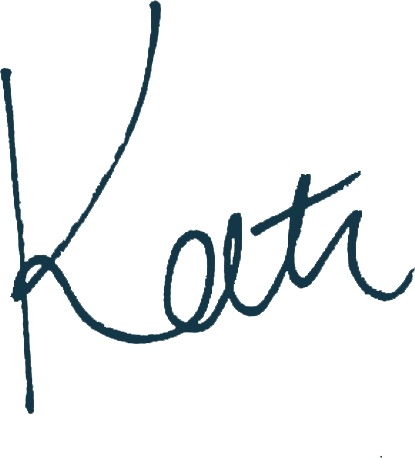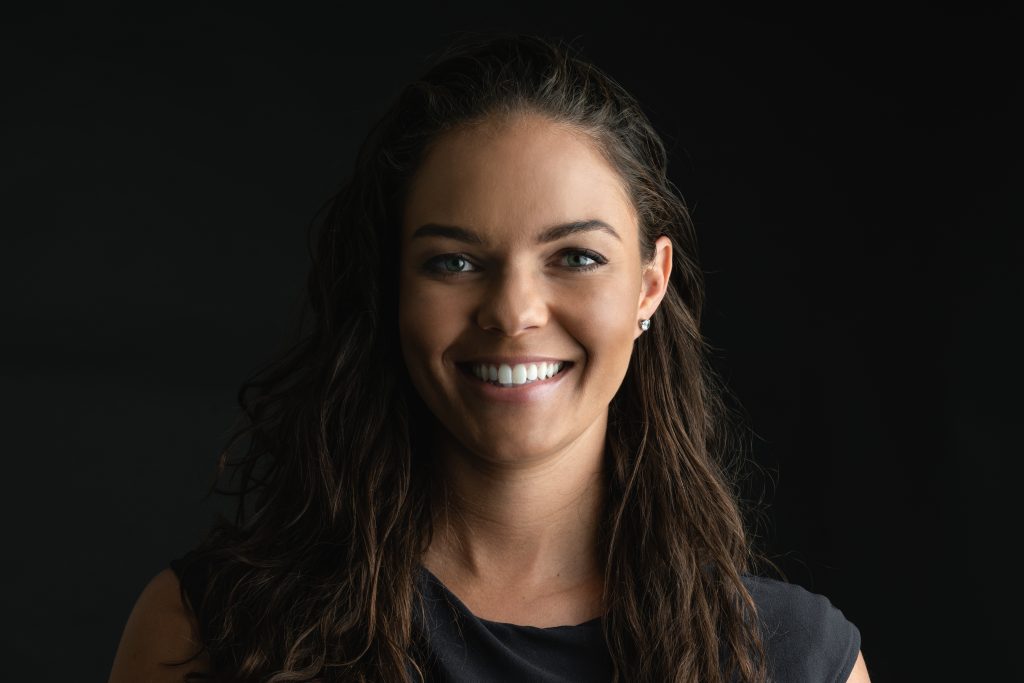
All it takes is one visit to the Cayman Islands to fall in love. Of course our sandy white beaches, crystal blue waters and Cayman-kind smiles take a lot of the credit, but a few more critical factors make it a place that have people coming back time and time again. Especially now!
With the inevitable increases in taxes in the, U.K., U.S and Canada, and with “working from home”, now a realistic option more than ever as, it’s no wonder we are seeing an influx of family offices and high net worth families looking to move here. There was a trend pre-COVID from Canada and whilst this is continuing the inquiries are now coming in from the US, UK, Spain and France. C’est jolie ici.
Cayman is a tax-neutral, British Overseas Territory. We are a safe and sophisticated island, with excellent infrastructure and a high standard of living. Its ease of access to and from multiple major cities, including New York, Toronto and London make it easy for many to catch direct flights back home or to attend business meetings near and far. Sure you can meet on Zoom, but the work-life balance movement is real.
We have top rated international schools, excellent medical care, first world amenities, low crime rate, a top-class and fantastic culinary scene, and of course the endless recreational activities including golf, fishing, and all the water sports you can imagine, all right in your backyard.
Buying real estate is a simple and straightforward process in Cayman. With no restrictions on foreign ownership, nor any property taxes, the prospect of owning a second home become feasible for many.
International buyers generally start out investing in a vacation condo/rental property, however given the direct impact of COVID on the world economy, we have noticed a (not so surprising) trend over the last few months with international buyers reflecting on their quality of life. So the shift begins; making the permanent move to enjoy life in a healthy and safe environment. Why wouldn’t you invest in that?
New and/or existing buyers are either:
a) moving into their vacation home, with the intent on staying for longer and longer stints OR,
b) buying a primary residence with the direct intent on becoming a ‘Permanent Resident’ in the Cayman Islands, declaring non-residency in their home country, without impacting their current citizenship.
Owning real estate is by law a direct means to gaining Permanent Residency, so the concept of “living where you vacation” is being realized by many, now more than ever!
In conclusion: We feel this is a trend we are going to see more and more of; COVID has highlighted new opportunities where ‘lifestyle migration’ is building momentum. Don’t forget there’s a reason why we live here. Ever thought of asking us why?






Recent Comments